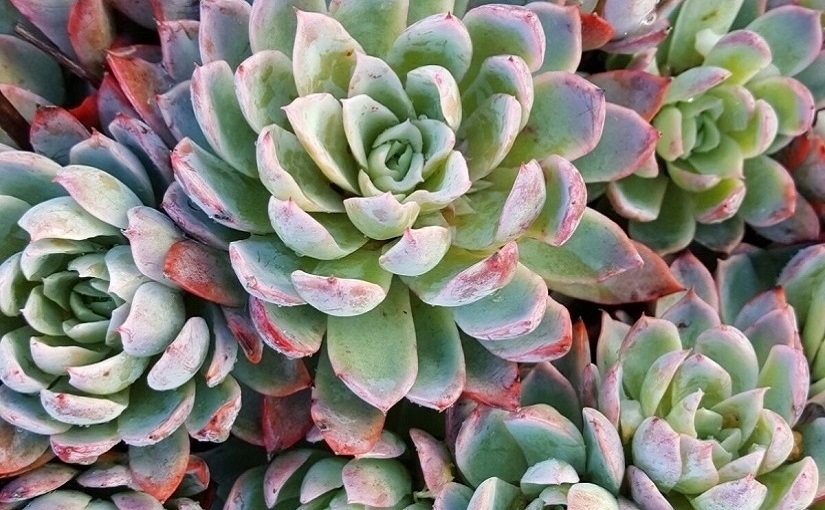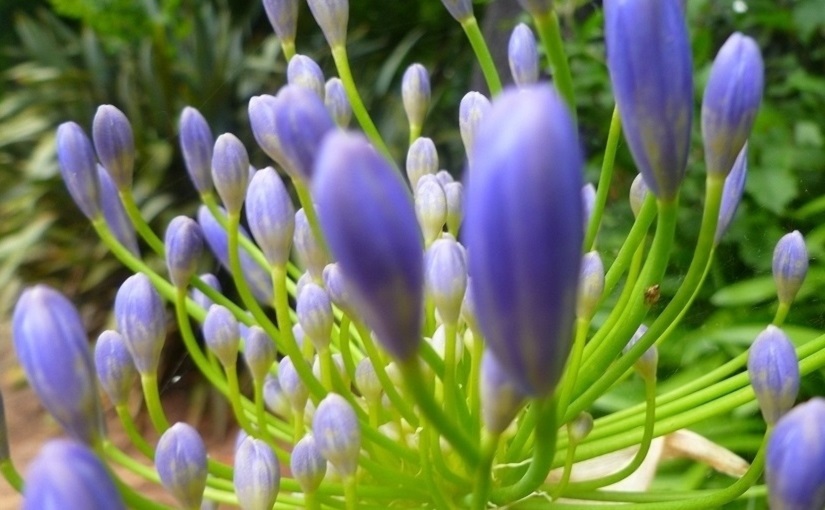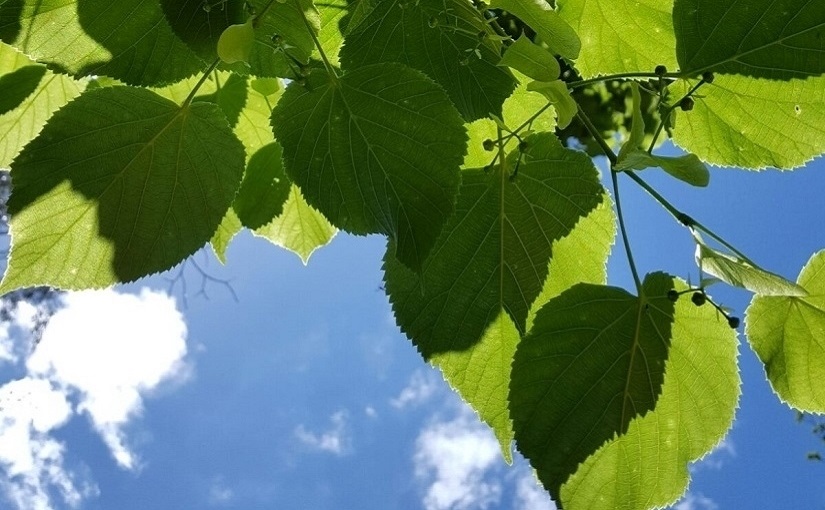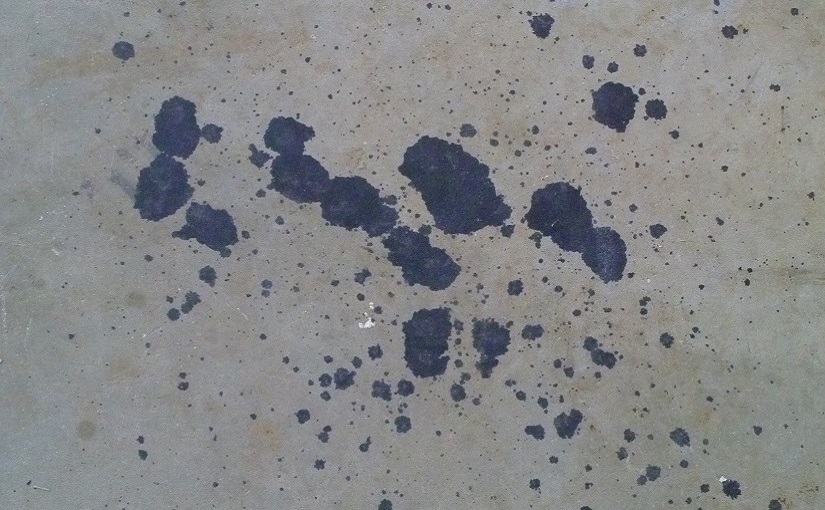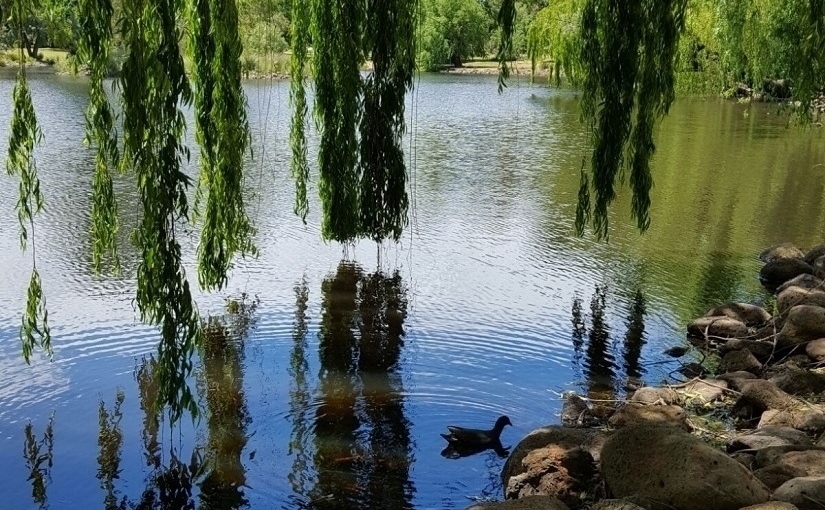While I’m not writing anything really seasonal this year, it seems a reasonable opportunity to think about the position of animals within our society – not in a dietary way, but looking at the roles we give them, what they offer us, and the relationships we create.
It’s fascinating in a way how different cultures and societies form different connections with animals – traditional or sacred relationships, closer or more remote bonds. We could say in the West it boils down to “are you a dog person or a cat person”; the persistent cultural stereotypes over mice, foxes, sheep, donkeys; or the instinctive reverence and mystery of the whale, the elephant, the lion.
Clearly many animals represent or embody various qualities and traits – the majesty and power of the horse; the innocence and hope of the lamb; the playful wisdom of the dolphin. I guess that’s also true of nature more broadly, but it seems many people are drawn to certain animals and the qualities they express.
More practically, it seems there’s always been a history of assigning certain roles and tasks to different animals; for example transportation, scientific discovery, medical assistance, land management and agriculture, or as sheer power in manual labour. I wonder at times at the extent to which modern society is in fact built upon the assistance afforded us by the animal kingdom, as it seems they played a part in many historical breakthroughs and phenomena.
Then there’s the more recent “employment” of animals as domestic companions, in a way more as a lifestyle choice and for social or emotional support. Dogs that encourage us to walk in nature more and initiate countless social encounters with strangers. Cats offering us their independent presence, their grace and playfulness. Birds, rabbits, iguanas or other creatures that fascinate, amuse and soothe us. Plus the roles these domestic creatures cast us in to take proper care of their needs, to train them to fit our lifestyle and within society at large, to understand them better. It seems in all this that animals are still woven closely into human living.
This post seems to have less of a point than most so far, but it’s hard to grasp what this human/animal bond is – there’s clearly an ongoing connection as our existences are so intertwined, but we often seem largely dismissive or sentimental over their significance. To me, there’s a mystery to it all and maybe that’s part of the reason we struggle to understand our responsibilities and entitlements when it comes to how we treat them.




